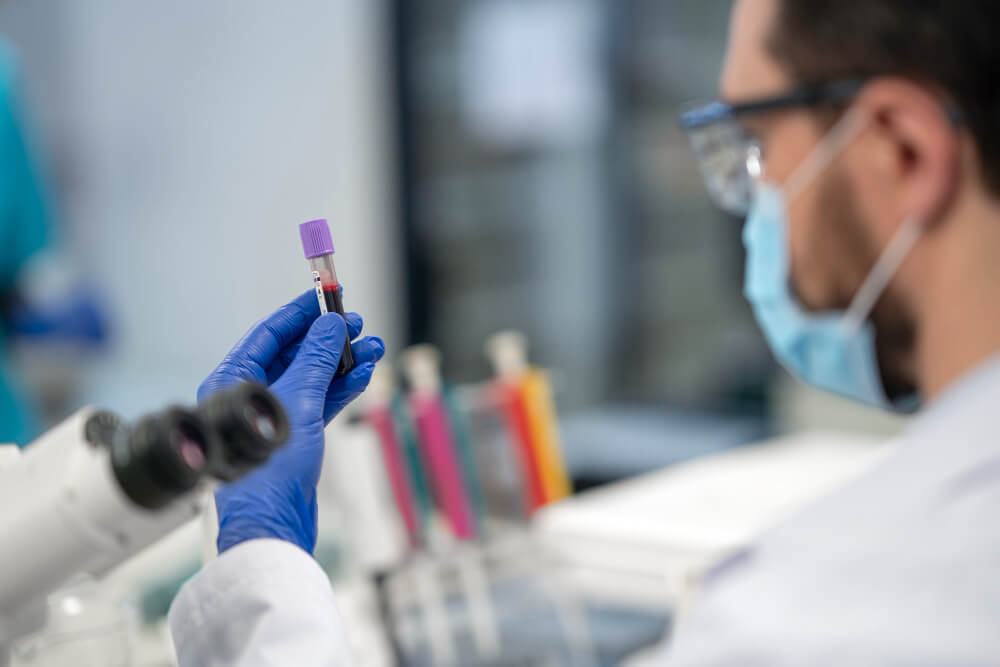Unveiling the Power of Knowledge: A Comprehensive Guide to STI/STD Testing
Sexual health is an integral part of our overall well-being. However, navigating conversations about sexually transmitted infections (STIs), also referred to as sexually transmitted diseases (STDs), can be shrouded in discomfort and stigma. The reality is that STIs are prevalent, and regular testing is a crucial step in maintaining sexual health for yourself and your partners. This article equips you with comprehensive information about STI/STD testing, empowering you to take charge of your sexual health.

Demystifying STI/STD Testing: Types of Tests Available
The wide range of STIs necessitates various testing methods. Here’s an overview of the most common types of STI/STD tests:
- Nucleic Acid Amplification Tests (NAATs): NAATs are highly accurate tests that detect the genetic material of specific STI pathogens in urine, blood, or swab samples. They are considered the gold standard for diagnosing chlamydia, gonorrhea, and HIV.
- Viral Load Tests: These tests measure the amount of virus present in the body, helping monitor the effectiveness of HIV treatment.
- Antibody Tests: These tests detect the presence of antibodies produced by the body’s immune system in response to an STI infection. They are commonly used for HIV, syphilis, and hepatitis B and C.
- Antigen Tests: These tests identify specific proteins associated with certain STIs, such as chlamydia and gonorrhea. While rapid, they may not be as accurate as NAATs.
- Rapid Plasma Reagin (RPR) Test: This blood test is a screening tool for syphilis. It needs confirmation with additional tests like the Treponema Pallidum Particle Agglutination (TPPA) test.
Factors Influencing the Choice of Test:
Several factors influence the type of STI/STD test recommended by a healthcare professional:
- Symptoms: The presence of specific symptoms like genital discharge, pain, or unusual skin lesions can guide the choice of tests.
- Sexual History: Recent sexual activity, number of partners, and any known STI exposures are considered when selecting tests.
- Risk Factors: Individuals with a higher risk of contracting STIs, such as those practicing unprotected sex or having multiple partners, may require more comprehensive testing panels.
The Importance of Early Detection: Benefits of Regular STI/STD Testing

Early detection and treatment of STIs offer numerous benefits:
- Reduced Risk of Complications: Untreated STIs can lead to serious health consequences, including infertility, pelvic inflammatory disease (PID), and increased risk of HIV transmission. Early detection allows for prompt treatment, minimizing potential complications.
- Prevention of Transmission: Knowing your STI status empowers you to make informed decisions about sexual activity and avoid unknowingly transmitting an infection to your partner(s).
- Effective Treatment Options: Early diagnosis allows for prompt treatment with appropriate antibiotics or medications, leading to a faster and more effective recovery.
- Improved Sexual Health Outcomes: STI/STD testing promotes responsible sexual behavior and contributes to overall sexual well-being.
Navigating the Process: Getting Tested Discreetly and Confidentially
Many individuals hesitate to get tested due to concerns about privacy and confidentiality. Here’s how to navigate the process with ease:
- Options for Testing: STI/STD testing can be done at various locations, including doctor’s offices, sexual health clinics, Planned Parenthood centers, and even at-home test kits.
- Confidentiality: Healthcare providers are bound by law to maintain patient confidentiality regarding STI/STD test results.
Anonymous Testing: Certain clinics offer anonymous testing, where no personal information is collected.
